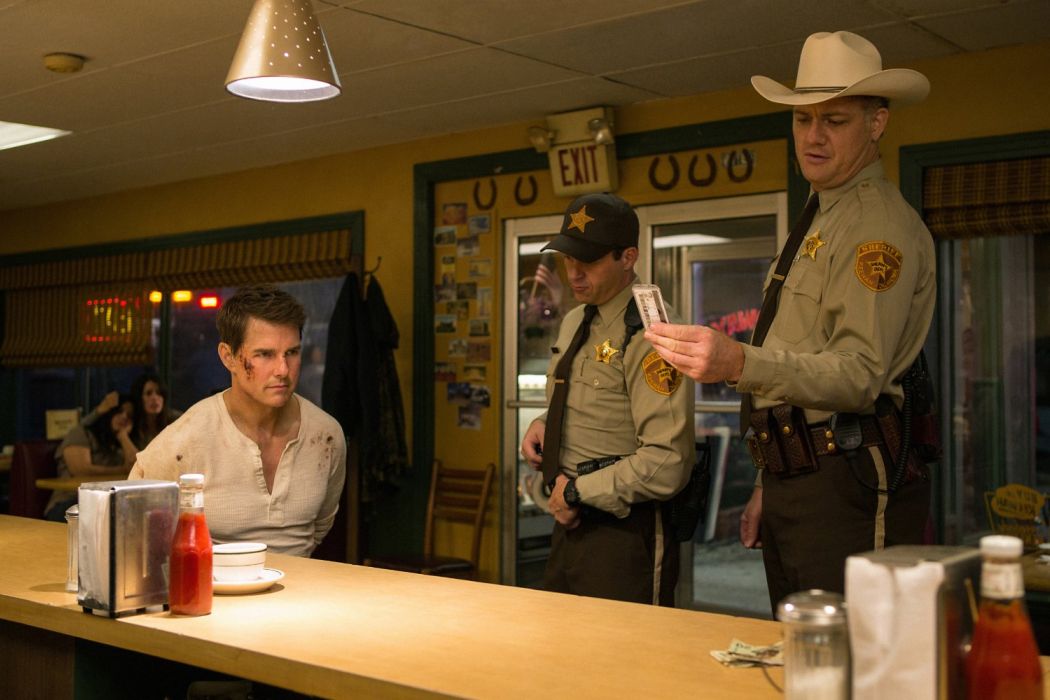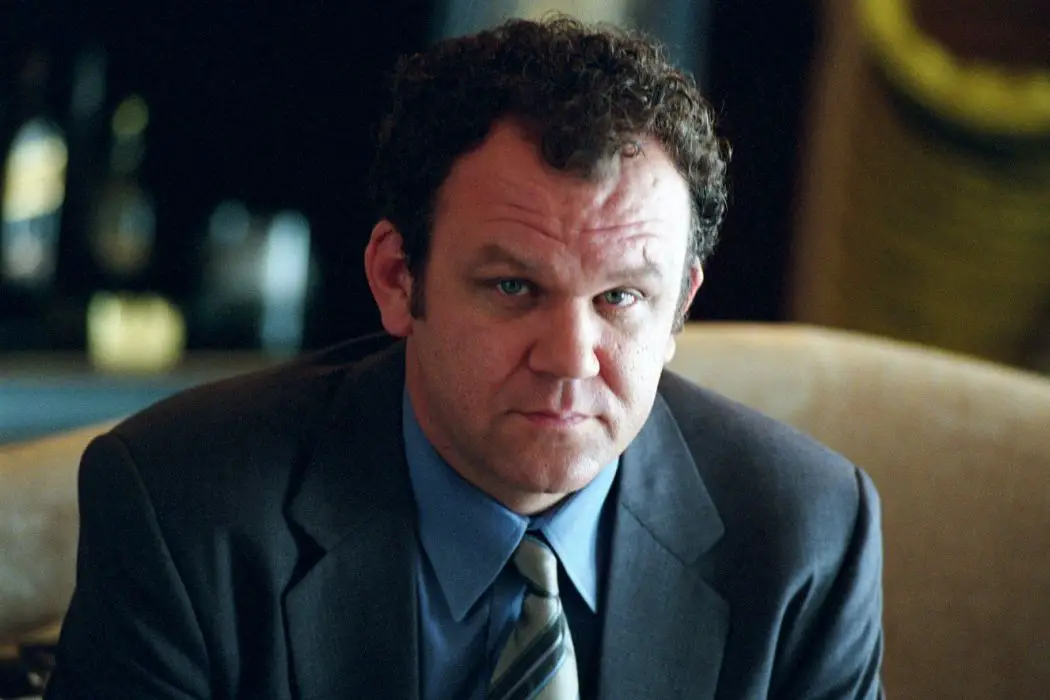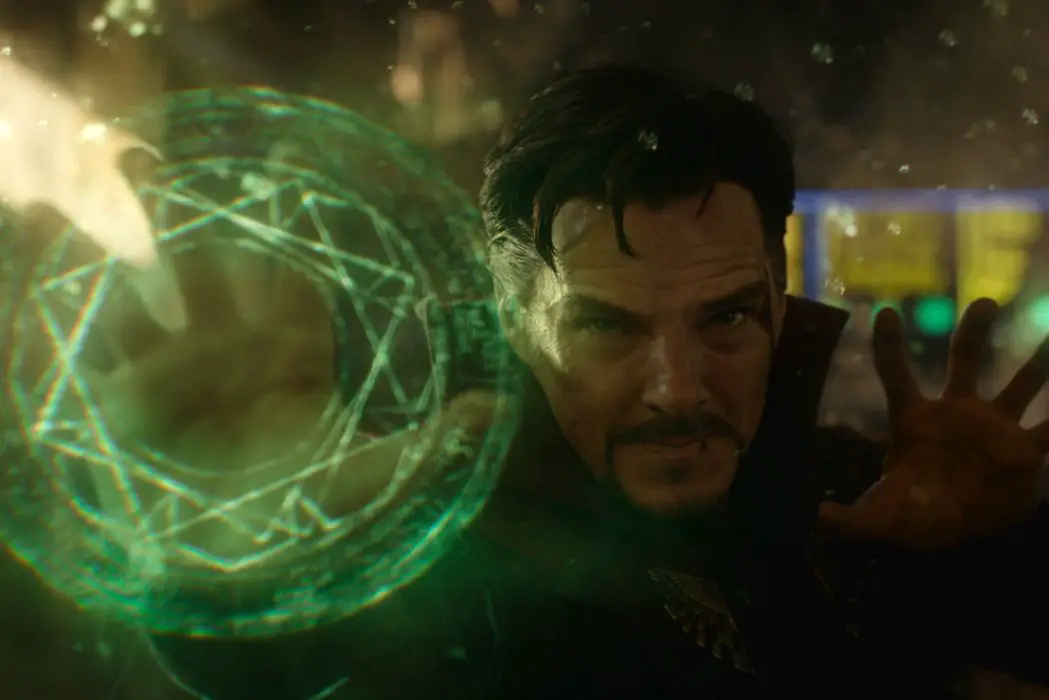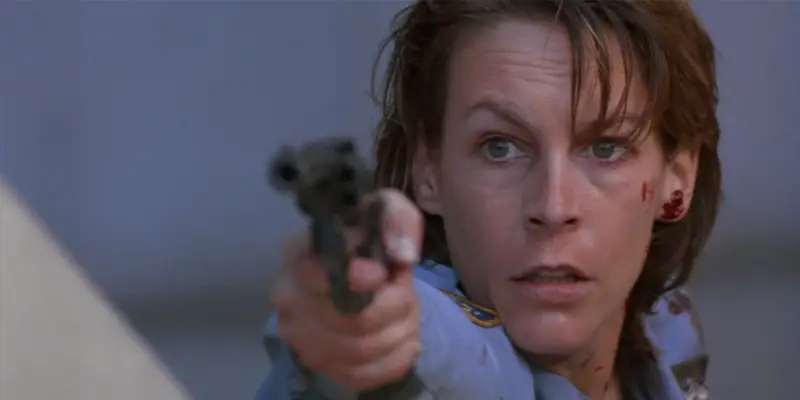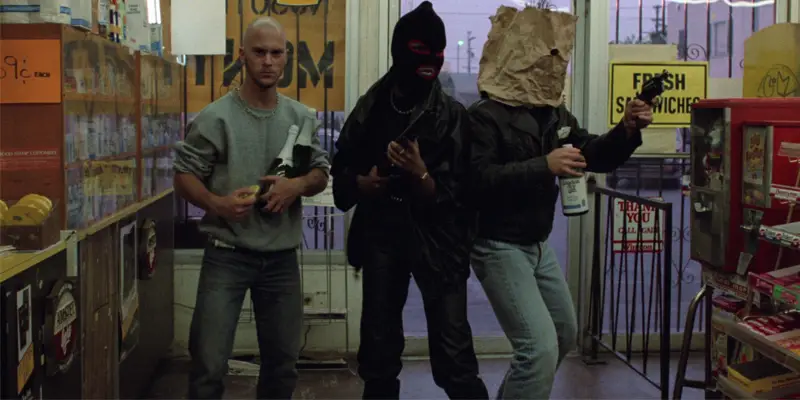action
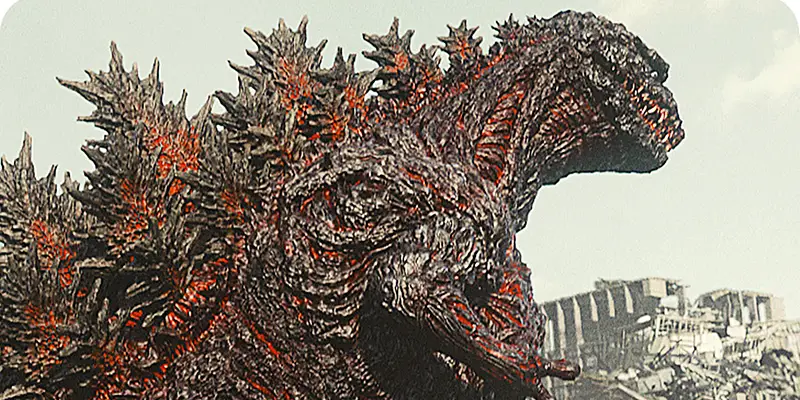
The Godzilla franchise has had a long and storied history, dating back to the original motion picture of 1954 directed by Ishirō Honda. Produced and distributed by famed Japanese film studio Toho, the original feature has spawned multiple franchise sequels over the years, from both its country of origin and the United States. Starting with the 1956 Japanese-American remake of Honda’s original feature from only two years prior, Godzilla, King of the Monsters!
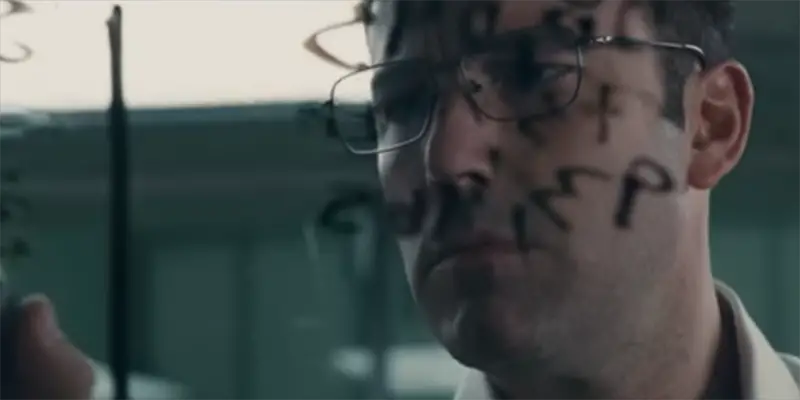
Walking out of the theater, all I could think about was how much I had enjoyed watching The Accountant. It had the right amount of action, comedic relief and character depth – specifically with the film’s main character, Christian Wolff. When it came time to sit and write about what I had seen, though, I found that this great movie may have been more lacking than I had initially thought.
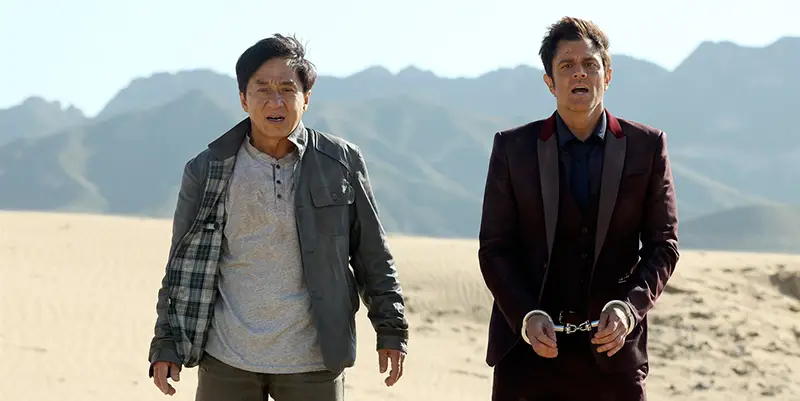
Skiptrace (originally titled Jue Di Tao Wang) is a 2016 action-comedy film directed by Renny Harlin and starring Jackie Chan, Johnny Knoxville and Chinese actress Fan Bingbing. It is about a Hong Kong cop and an avid gambler that must team together, each for their own reasons, and take down the Chinese crime syndicate and its mysterious leader ‘The Matador’. It is a film that I, in all honesty, did not want to sit down and watch at first but did, due to unmentionable circumstances, and in my forced viewing of this easy-going and lighthearted film, I began to remember why Jackie Chan is one of the most beloved names in Hollywood.

Hollywood seems to be stuck in an age of remakes and sequels. Though original films do exist, they are never as popular or successful as the large-scale blockbusters, which are the only sure moneymakers for studios. Coming from this standpoint, it’s no surprise that Antoine Fuqua’s The Magnificent Seven exists.
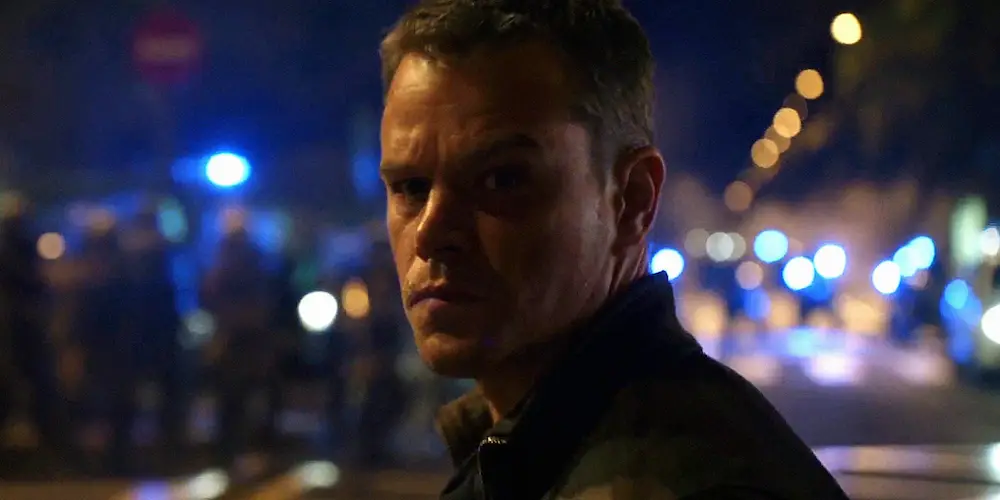
A largely-overlooked but critical element in an action film is its ability to tell a story with sound. Dialogue and musical score notwithstanding, sound cues and effects are incredible tools for storytelling in the genre; subtly adding depth and detail without ever compromising action or hogging screen-time. Given recent advances in the field of sound technology, filmmakers are even now using these techniques to great advantage in crafting critically-acclaimed action films.
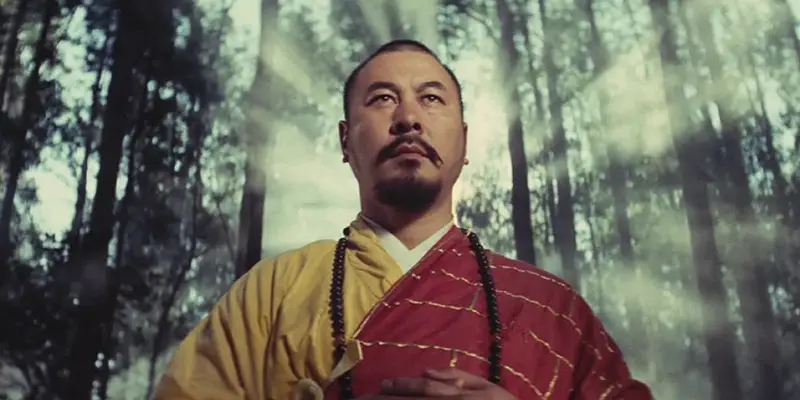
The new Criterion Collection release of A Touch of Zen includes director King Hu’s own notes on the film. In these notes, Hu discusses a conversation he had with a Zen Buddhist who told him that Zen must be understood not through verbal explanation, but through an enlightening experience. Despite his renown as a director of wuxia films, Hu was neither a Buddhist nor a martial artist; but, he believed that capturing an experience of Zen would make for a strong film.
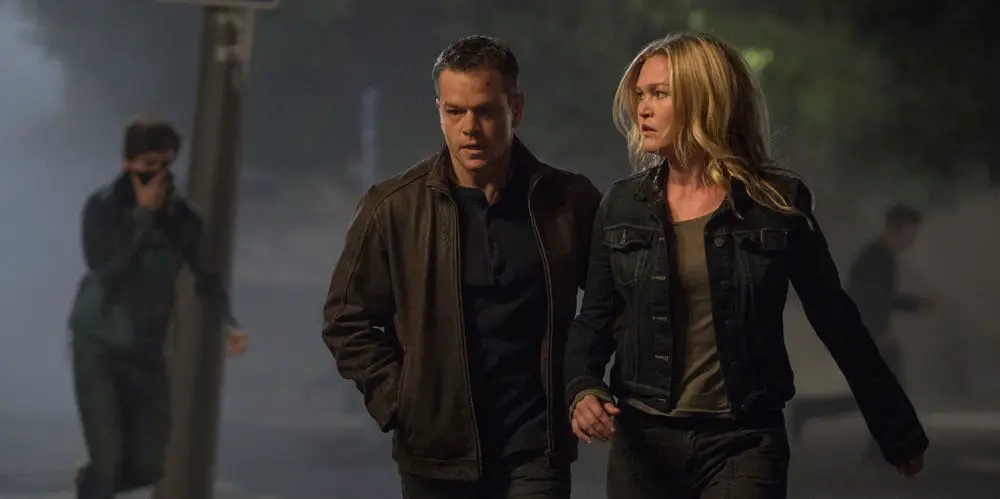
Since the inception of the Bourne franchise in 2002, the blockbuster as we know it has undergone a dramatic shift. Variety is limited as superhero films have taken over the industry. There are lingering alternatives like the Mission Impossible and Fast and Furious franchises, but the Bourne films have been the thinking man’s blockbusters since the series began.
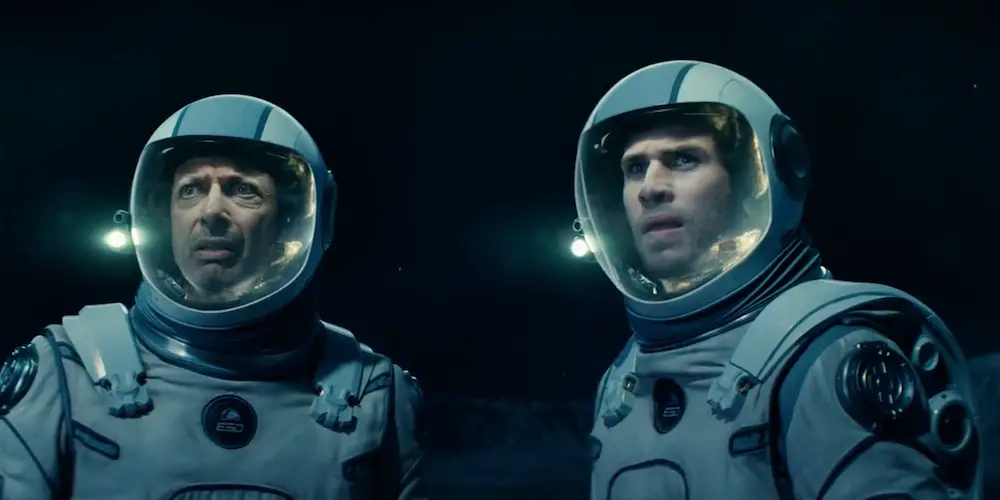
Independence Day came out when I was 14. I was a huge X-Files fan (I did a school project on Area 51) and so thought it was pretty much the greatest film ever. It was also at this time that I began to fall in love with movies, and Independence Day was part of that trend of 90’s summer blockbusters that opened my eyes to what contemporary cinema meant to a lot of people.


